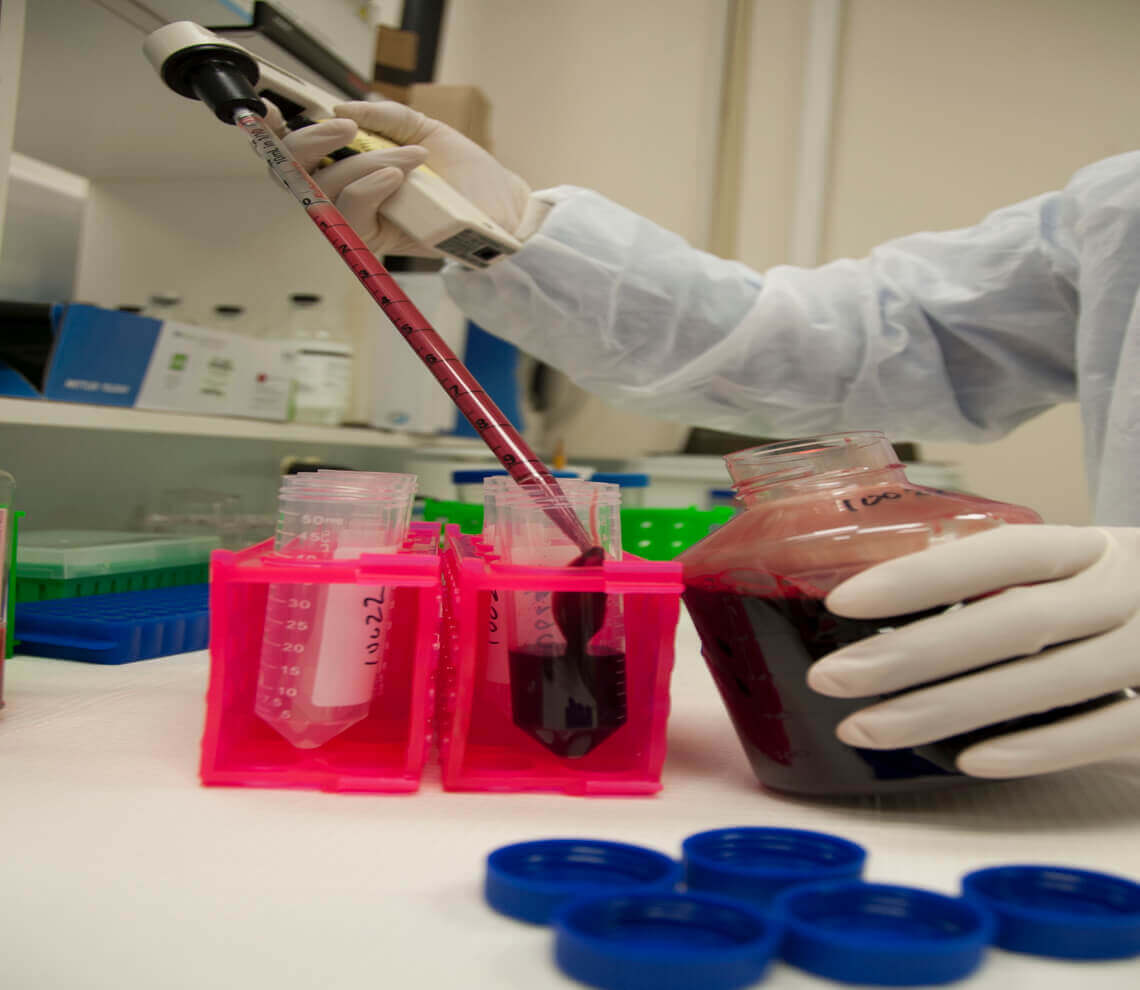- Our Suppliers
- MBS Monoclonals
- MOUSE Anti-HUMAN CD206 Antibody
Product short description
Price:
531 EUR
Size:
200ug
Catalog no.:
GEN214361
Product detailed description
Gene name synonims
N/A
Purification method
N/A
Also known as
CD206
Gene name
CD206
Immunoglobulin isotype
IgG2a
Clone
7-450
French translation
anticorps
Clonality
Monoclonal
Category
Antibodies
Latin name
Mus musculus
Host organism
Mouse (Mus musculus)
Subcategory
Mnoclonal antibodies
Concentration
IgG concentration 1.0mg/ml
Tested applications:
Immunohistology - Frozen (IHC)
Form/Appearance
Purified (Purified IgG - liquid)
Other gene names
MRC1; MRC1; MMR; CD206; MRC1L1; CLEC13D; CLEC13DL; bA541I19.1; CLEC13D; CLEC13DL; MRC1L1; MMR
Description
This antibody needs to be stored at + 4°C in a fridge short term in a concentrated dilution. Freeze thaw will destroy a percentage in every cycle and should be avoided.
Species reactivity
Human (Homo sapiens); Due to limited knowledge and inability for testing each and every species, the reactivity of the antibody may extend to other species which are not listed hereby.
Other names
macrophage mannose receptor 1; Macrophage mannose receptor 1; macrophage mannose receptor 1; mannose receptor, C type 1-like 1; C-type lectin domain family 13 member D; macrophage mannose receptor 1-like protein 1; mannose receptor, C type 1; C-type lectin domain family 13 member D; C-type lectin domain family 13 member D-like; Macrophage mannose receptor 1-like protein 1
Storage and shipping
Store the antibody at +4 degrees Celsius for short-term storage and at -20 degrees Celsius for long-term.Storage in frost-free freezers is not recommended. the antibody should be stored undiluted. Repeated freeze - thaw cycles may denature the peptide chains of the antibody and therefore should be maximally avoided. If there is a precipitate in the vial we recommend you to briefly microcentrifugate it prior to use. Shelf Life: 18 months from date of dispatch.
Test
MBS Monoclonals supplies antibodies that are for research of human proteins.Mouse or mice from the Mus musculus species are used for production of mouse monoclonal antibodies or mabs and as research model for humans in your lab. Mouse are mature after 40 days for females and 55 days for males. The female mice are pregnant only 20 days and can give birth to 10 litters of 6-8 mice a year. Transgenic, knock-out, congenic and inbread strains are known for C57BL/6, A/J, BALB/c, SCID while the CD-1 is outbred as strain.
Properties
If you buy Antibodies supplied by MBS Monoclonals they should be stored frozen at - 24°C for long term storage and for short term at + 5°C.Human proteins, cDNA and human recombinants are used in human reactive ELISA kits and to produce anti-human mono and polyclonal antibodies. Modern humans (Homo sapiens, primarily ssp. Homo sapiens sapiens). Depending on the epitopes used human ELISA kits can be cross reactive to many other species. Mainly analyzed are human serum, plasma, urine, saliva, human cell culture supernatants and biological samples.
Specificity and cross-reactivity
CD206 This item is specific for human CD206, otherwise known as macrophage mannose receptor (MMR), a transmembrane protein and member of the multilectin family of pattern recognition receptors (PRRs), which mediates phagocytosis and endocytosis, and is modulated by a range of factors including cytokines, immunoglobulin receptors and pathogens. _x000D__x000D_CD206 has two extracellular lectin binding sites: the cysteine-rich domain binds to sulphated sugars of glycoproteins such as thyroid stimulating hormone, whilst the recognition of mannose and fucose occurs through carbohydrate recognition domains (CRDs). The widespread distribution and recognition of a wide range of antigens by macrophages, plays a key role in both innate and adaptive immunity, with CD206 able to bind to both gram-negative and gram-positive bacteria, mycobacterium, yeasts, fungi and parasites. The expression of CD206 is not restricted to macrophages, but is also present on immature dendritic cells (DCs), endothelial cells, kidney mesangial cells, retinal pigment epithelium and tracheal smooth muscle cells.; Since it is not possible to test each and every species our knowledge on the corss reactivity of the antibodies is limited. This particular antibody might cross react with speacies outside of the listed ones.
© Copyright 2016-Tech News . Design by: uiCookies

